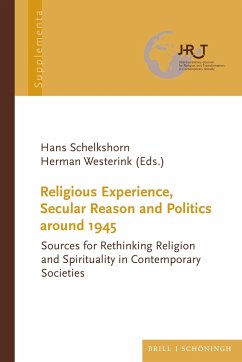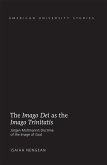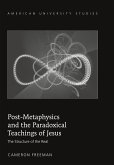The emergence and downfall of fascism and the Nazi regime in the mid-twentieth century mark the definitive decline of Europe's geopolitical hegemony. The end of the Second World War is the beginning of both decolonization processes and the founding of the United Nations as well as the Universal Declaration of Human Rights. In this context, we find a variety of philosophical interpretations on religious traditions, secular conceptualizations of reason and political theories. In and outside of Europe, philosophical and spiritual movements develop different political orientations, whereas fruitful dialogues between religious and secular philosophical positions emerge. In this volume, such positions and interactions are explored in an exemplary way.








